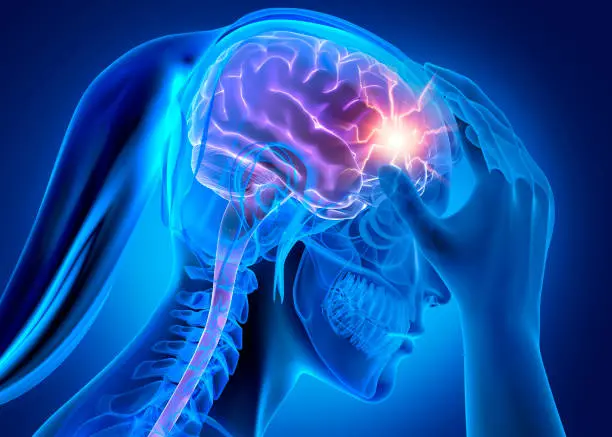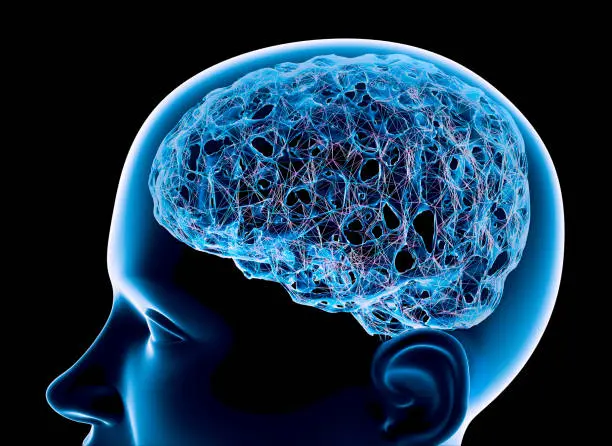Neuro Rehabilitation
Neuro Rehabilitation
Neuro Rehabilitation is a specialized field of medicine aimed at helping individuals recover from neurological injuries or disorders, such as strokes, traumatic brain injuries, or spinal cord injuries. The primary goal of neurorehabilitation is to improve the patient's functional abilities, enhance their independence, and optimize their quality of life. This comprehensive approach involves a multidisciplinary team of healthcare professionals, including neurologists, physical therapists, occupational therapists, speech therapists, and psychologists, who work together to create personalized treatment plans tailored to the patient's specific needs and goals.
Treatment modalities in neuro rehabilitation often encompass a combination of physical therapy, occupational therapy, speech therapy, cognitive rehabilitation, and assistive technologies. These interventions aim to address a wide range of issues, including motor deficits, sensory impairments, communication difficulties, cognitive challenges, and psychosocial adjustment. Through structured rehabilitation programs and ongoing support, individuals undergoing neurorehabilitation can make significant strides in their recovery, regain lost skills, learn compensatory strategies, and adapt to their new circumstances, ultimately fostering independence and improving their overall well-being.
Neuro Rehabilitation is a specialized field of medicine aimed at helping individuals recover from neurological injuries or disorders, such as strokes, traumatic brain injuries, or spinal cord injuries. The primary goal of neurorehabilitation is to improve the patient's functional abilities, enhance their independence, and optimize their quality of life. This comprehensive approach involves a multidisciplinary team of healthcare professionals, including neurologists, physical therapists, occupational therapists, speech therapists, and psychologists, who work together to create personalized treatment plans tailored to the patient's specific needs and goals.
Treatment modalities in neuro rehabilitation often encompass a combination of physical therapy, occupational therapy, speech therapy, cognitive rehabilitation, and assistive technologies. These interventions aim to address a wide range of issues, including motor deficits, sensory impairments, communication difficulties, cognitive challenges, and psychosocial adjustment. Through structured rehabilitation programs and ongoing support, individuals undergoing neuro rehabilitation can make significant strides in their recovery, regain lost skills, learn compensatory strategies, and adapt to their new circumstances, ultimately fostering independence and improving their overall well-being.

What conditions or injuries typically require Neuro Rehabilitation.
Neuro rehabilitation is often necessary for individuals who have experienced neurological conditions or injuries that result in impairments to their physical, cognitive, or emotional functioning. Common conditions include strokes, traumatic brain injuries (TBIs), spinal cord injuries, multiple sclerosis, Parkinson's disease, cerebral palsy, and neurodegenerative disorders like Alzheimer's disease. These conditions can lead to a wide range of symptoms, such as paralysis, weakness, balance problems, speech and language difficulties, memory impairment, and mood disturbances. Neuro rehabilitation aims to address these issues by employing a multidisciplinary approach that combines physical therapy, occupational therapy, speech therapy, cognitive rehabilitation, and psychological support. By targeting specific deficits and promoting neural plasticity, neuro rehabilitation helps individuals maximize their recovery potential, regain lost abilities, and improve their overall quality of life.
Are there any risks or potential complications associated with Neuro Rehabilitation?
While neuro rehabilitation is generally considered safe and beneficial, there are potential risks and complications to be aware of. These can vary depending on the individual's condition, the intensity of the rehabilitation program, and their overall health status. Common risks include muscle soreness, fatigue, joint stiffness, and exacerbation of existing symptoms during therapy sessions. In some cases, individuals may experience emotional challenges such as frustration, depression, or anxiety as they navigate the rehabilitation process. Additionally, there is a risk of overexertion or injury if exercises are not performed correctly or if the intensity of therapy is too high. Proper assessment, monitoring, and communication between healthcare providers and patients are crucial to minimize these risks and ensure that the rehabilitation program is safe and effective for each individual.
